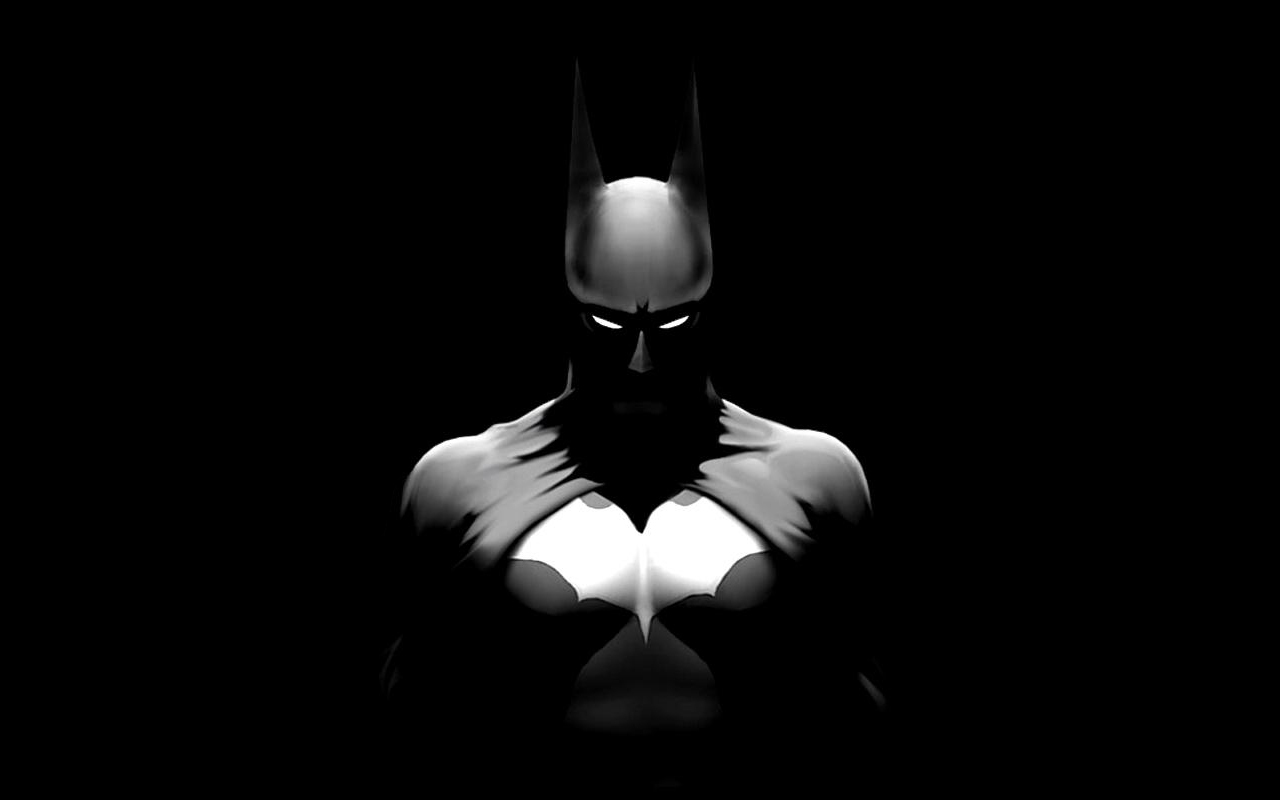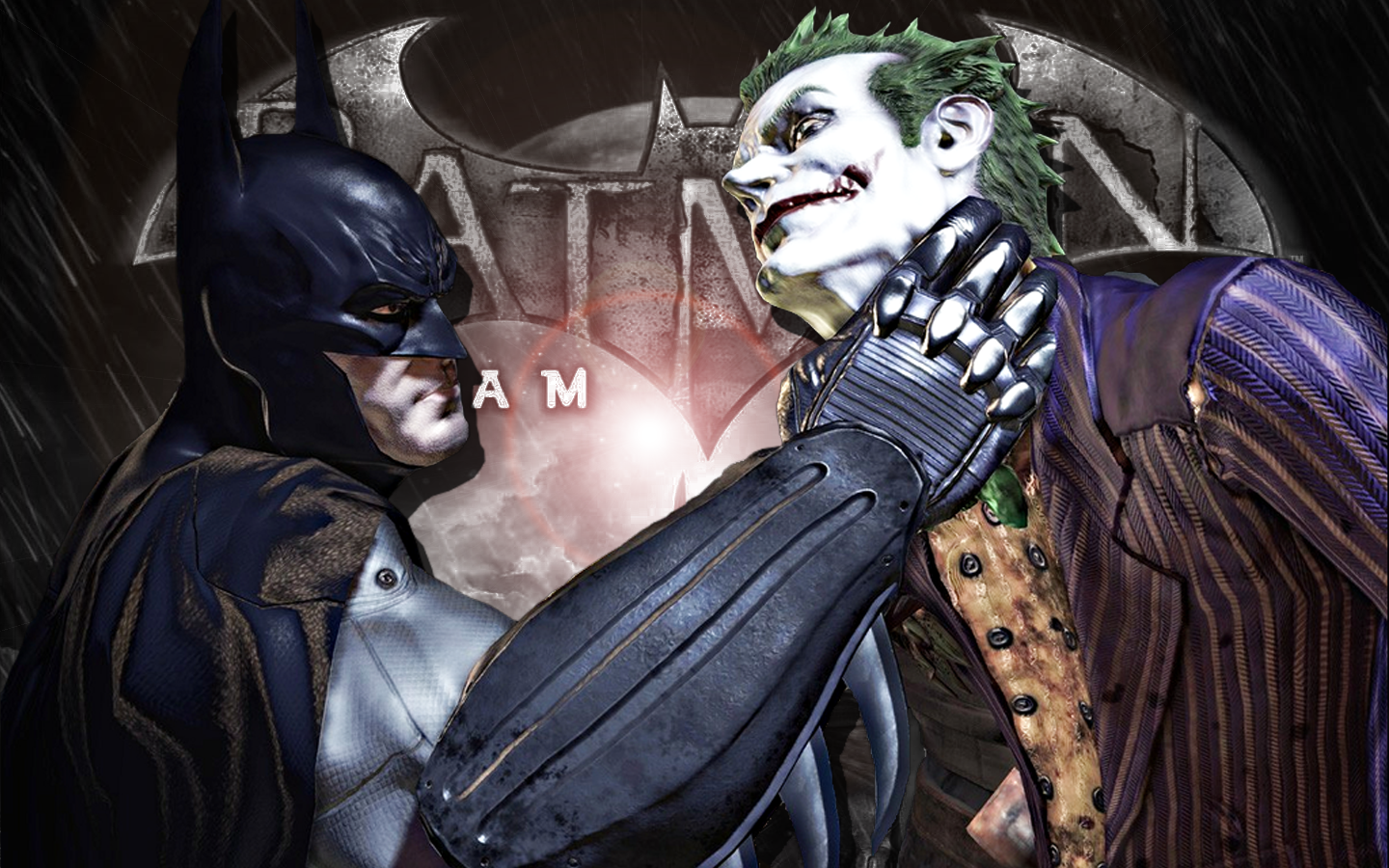 |
| Yes, that's a Viking cap being associated with pens, a laptop, and coffee. |
For those of you unfamiliar with the term, NaNoWriMo is the pastiched name for National Novel Writing Month. The idea, unsurprisingly, is to write an entire novel of ~50,000 words in 30 days. This works out to writing, on average, 1,667 words every day. Rain, shine, sickness, health, schoolwork, boredom: no matter the circumstance, at the end of the day, you need 1,667 words.
I don't recall for certain when I first heard of it. The earliest I can remember was seeing a status on Facebook that went something like, "Buckling down for National Novel Writing Month!" I did a bit of research, found the basic idea, and promptly concluded it was stupid.
"Hacks," I thought. "Talentless hopefuls vainly seeking self-validation so they can lord it over others." The image came into my mind, distinctly not unbidden, of someone sitting at Starbucks, curling a wispy mustache and chuckling to himself as he says, "I have written a novel, ho ho ho, and ain't I just so chuffed to have done it."
This character, whose name developed to be Humbert, would proceed to attend parties where he would say, with magnificently affected humility, "Oh, yes, I'm a novelist, wouldn't you like to hear about my novel?" and would then proceed to tell you about the novel whether you answered yes or no or by screaming.
Humbert chuckled in literature classes, speaking about Shakespeare and Tolkien and Poe as contemporaries because, of course, he'd written a novel, wouldn't you like to hear about it?
Humbert would let no conversational opportunity go wasted: if he could redirect it to his artistic pursuits, he would do it. His favorite words were novel, writing, and me.
Humbert had no thought for editing, or for training, or for learning. Humbert writes novels. Let someone else take care of those other little chores.
Most despicable of all, Humbert had no doubt in his mind that this grotesquerie he finished over thirty days at Starbucks would be published, take the world by storm, and leave Humbert in a cozy position from which to tell us even more about his novels.
I hate Humbert—I can't emphasize that enough. I hate him for three very distinct, but interrelated, reasons.
- Humbert is irritating, self-obsessed, and jerkish. The most obvious reason I don't like Humbert is because Humbert is positively a goober. Humbert is a nerd about stuff he makes himself. He thinks himself an artist and is proud of it. America has a pre-existing cultural concept of the proper artist: he ought to be ashamed that he isn't doing real work. Whether we agree with that idea or not is irrelevant; the facts stand that nobody likes a conceited artist. (Content warning if you click that link.)
- Humbert is profaning what I perceive as my profession, or at least my desired profession. I'm spending four years and far more money than I have trying to figure out how to write things people won't hate reading. Humbert, who is a toolbag, presumes to do—on a whim, without training or preparation or any level of skill—what hundreds of geniuses have labored over for years.
- I am convinced that I could become Humbert if I stop thinking of how much I hate him.
Because I hate Humbert so much, I instinctively avoided the things he would do. Among those, obviously, was NaNoWriMo. My determination not to do so was bolstered from a few sources, but mostly from my satisfaction at avoiding the transformation into Humbert—or, rather, at my persistence at being a real writer. I felt confident in the assertion that real writers had no need of petty crutches like NaNoWriMo.
It wasn't until quite recently that I noticed something disheartening. As much as I hate him, Humbert is a better novel-writer than I am.
I don't mean to say that Humbert is a better writer in all respects. Odds are good that, since Humbert never lets anyone critique his stuff, I've evolved a bit more, at least in some aspects. I've got good, strong training in how to communicate; I know the difference between large-scale editing and copyediting. I know how to look at the metaplot of a story and gear it down to something rearrangeable.
But I've finished, in my time, exactly one actual "novel." (It was in tenth grade and no, no one else will ever see it, because it is shameful.) Humbert, for all his faults, has finished four, or five, or six of them in his time.
Let me be clear: Humbert's novels may not be good, but they exist, giving them one very substantial point of superiority to mine. I've started a dozen long-scale stories, and of those, finished none. I've never learned to slog through the points where the book sucks. I've never had the opportunity to edit a novel of my own because I've never made one.
So, in the spirit of humility, and also the spirit of can't-beat-em-join-em, I've signed on for NaNoWriMo. Why?
#1: Because I've proven, time and again, that I need some serious deadline threats in order to get crap done.
#2: Because some of the prizes for finishing are AWESOME.
#3: Because NaNoWriMo's slogan is completely wrong.
If you clicked on the link above, you might notice that the blue banner at the top says, in clean white letters, "The world needs your novel."
Gotta be honest: I think that's a load of crap. The overwhelming majority of novels written in a single month will not be things that the world needs. If anything, the world needs fewer of those. We can't be having with a constant influx of terrible stuff. Half the people doing it are working on half-baked fan-fics, for crying out loud, and the world does not need more of those. (They're a fine place to start, I'll grant, but a poor place to stay.)
I think, maybe, that the more appropriate slogan is, "You need your novel."
Nobody gets by purely on talent. No one ever got good at anything just by being born. We have to develop skill in it, and for that we need practice, and for practice, we have to love it. We have to love it enough to suck at it for a really, really long time. Enough to keep hacking away at something that doesn't feel right so that we can learn how to finish. Enough that we'll work at a grueling pace for way more than just one month on a single project that could, at the end, turn out to have been nothing except practice.
I misunderstood NaNoWriMo for a long while. Its purpose—at least, its purpose as I understand it—is for participants to tear through something, to get a taste of the donkey-work of writing so that they have a shot at trying the donkey-work of editing. I've heard that you can't really understand your book until you've written it a few times, and for all I know it's true—I've never reached that point. There's only one way to find out, I guess.
NaNoWriMo isn't about writing a book. It's about finishing.
And I could really use some of that.








